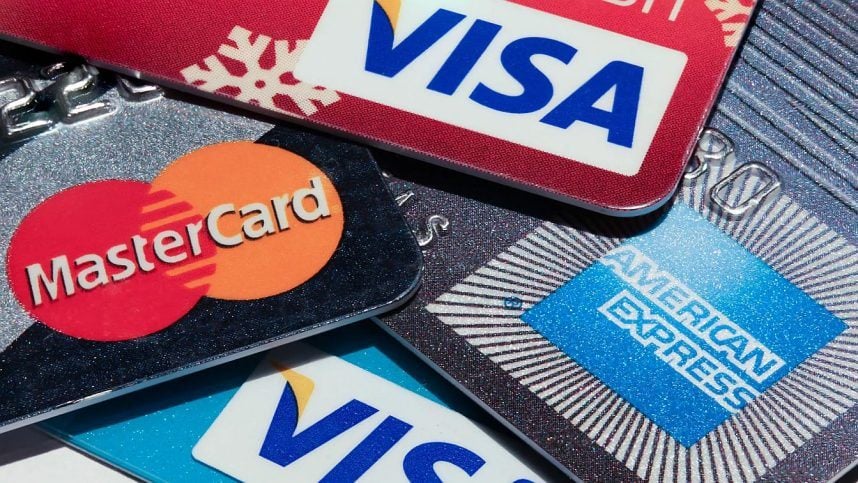
Sports Betting Warning: Credit Card Deposits Come with Hidden Cash Advance Fees
Using credit cards to fund sports betting accounts can lead to unexpected costs and financial risks. Here's what bettors need to know:
Credit Card Transactions Count as Cash Advances
Most sportsbook operators treat credit card deposits as cash advances rather than regular purchases. This classification applies across all major U.S. credit card issuers and typically results in:
- Higher fees than standard purchases
- Minimum charges (often $10) regardless of deposit size
- Higher APRs (commonly 30%)
- No rewards earning (points, miles, or cashback)

Stack of major credit card brands
Impact on Betting Costs
These fees effectively increase the cost of betting beyond the standard vigorish (-110 odds):
- A $20 bet could incur the same $10 cash advance fee as a $200 deposit
- Interest charges begin immediately, unlike regular purchases
- Combined with standard betting fees, this significantly increases the total cost
Recent Trends
The Consumer Financial Protection Bureau (CFPB) found:
- Increased cash advance activity in states after sports betting legalization
- Notable spikes in the first month of legal betting
- This pattern observed specifically in Iowa and Kansas case studies
Safer Alternatives
To avoid these extra charges, consider:
- Using debit cards linked to checking accounts
- Making cash deposits at physical locations
- Using other approved payment methods that don't incur cash advance fees
These findings are particularly relevant as mobile sports betting continues to expand across the U.S., with approximately 30 states and Washington, DC offering mobile wagering options.
Related Articles

CFTC to Review Crypto.com's Sports Trading Contracts Ahead of Super Bowl Launch

